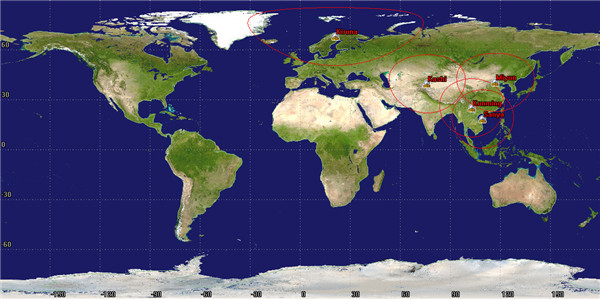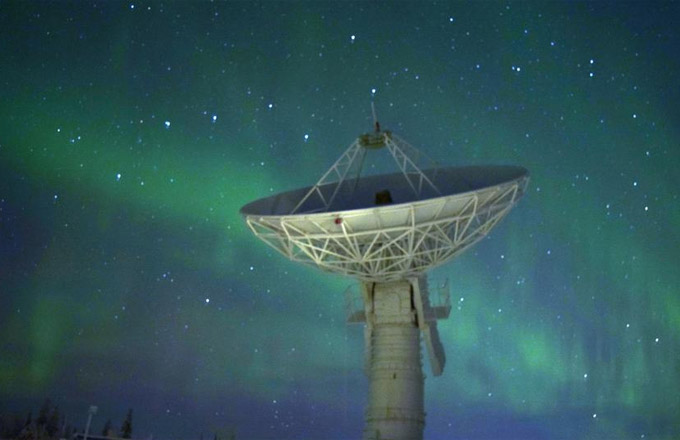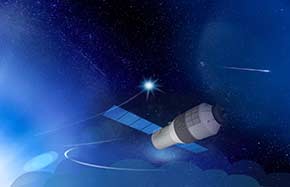China's overseas remote sensing satellite station starts operation
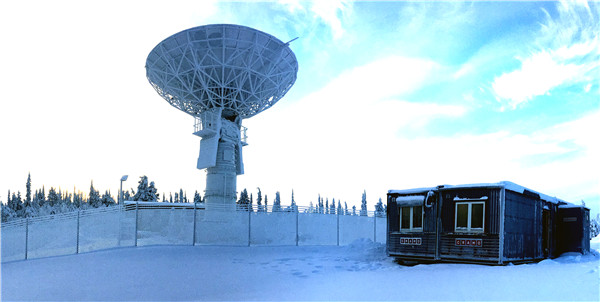 |
|
The China Remote Sensing Satellite North Polar Ground Station is seen in Kiruna, Sweden. China has a total of four domestic ground stations located in Miyun in Beijing; Sanya in Hainan province; Kashgar in the Xinjiang Uygur autonomous region; and Kunming in Yunnan province. [Provided to China Daily] |
China’s first overseas land satellite receiving ground station was put into trial operation on Thursday.
The China Remote Sensing Satellite North Polar Ground Station is above the Arctic circle, half an hour's drive from Kiruna, a major mining town in Sweden.
An inauguration was held in the Esrange Space Center, where the station is located, on Thursday.
Chen Yuming, Chinese ambassador to Sweden, sent a letter of congratulations stating that the ground station has laid a solid foundation for long-term relations between China and Sweden in science, technology and economic cooperation.
"Since China and Sweden established diplomatic ties 66 years ago, the two sides have achieved fruitful outcomes in bilateral cooperation. I am sure that expanding cooperation in space projects will play a positive role in bilateral relations and social economic development of the two countries, making contributions to the peaceful use of outer space and benefiting all humanity," Chen said in the letter.
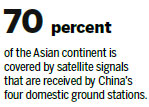
"Kiruna is an ideal place for remote sensing satellite data reception. With this ideal location, and with this high-performance antenna, Chinese Earth observation satellites will acquire global data more efficiently, and hence respond to user application requirements, such as disaster monitoring, better and quicker," said Liu Jianbo, deputy director of the Institute of Remote Sensing and Digital Earth affiliated to the Chinese Academy of Sciences.
China has ground stations in Miyun in Beijing; Sanya in Hainan province; Kashgar in the Xinjiang Uygur autonomous region; and Kunming in Yunnan province. The four ground stations receive satellite signals covering 70 percent of the Asian continent.
Domestic stations can receive a signal from each satellite five times a day when it passes overhead, while the new station can receive signals up to 12 times a day.
In addition, the new station can acquire satellite data in any part of the world within two hours.
"It is capable of receiving all-weather, all-time and multi-resolution satellite data, and it is an important complement to the four domestic stations," Liu said.
The Institute of Remote Sensing and Digital Earth has been in charge of building and operating the five ground stations. Construction started in the 1980s, and the ground station network now receives and processes data sent from more than 30 satellites.
